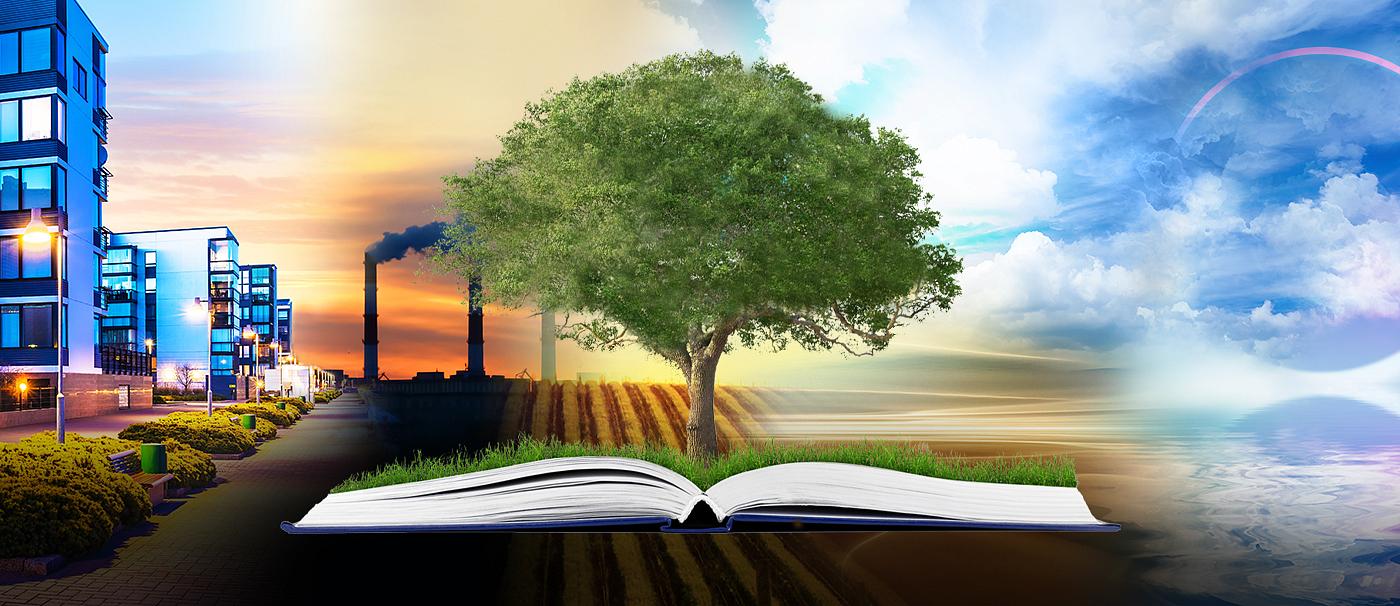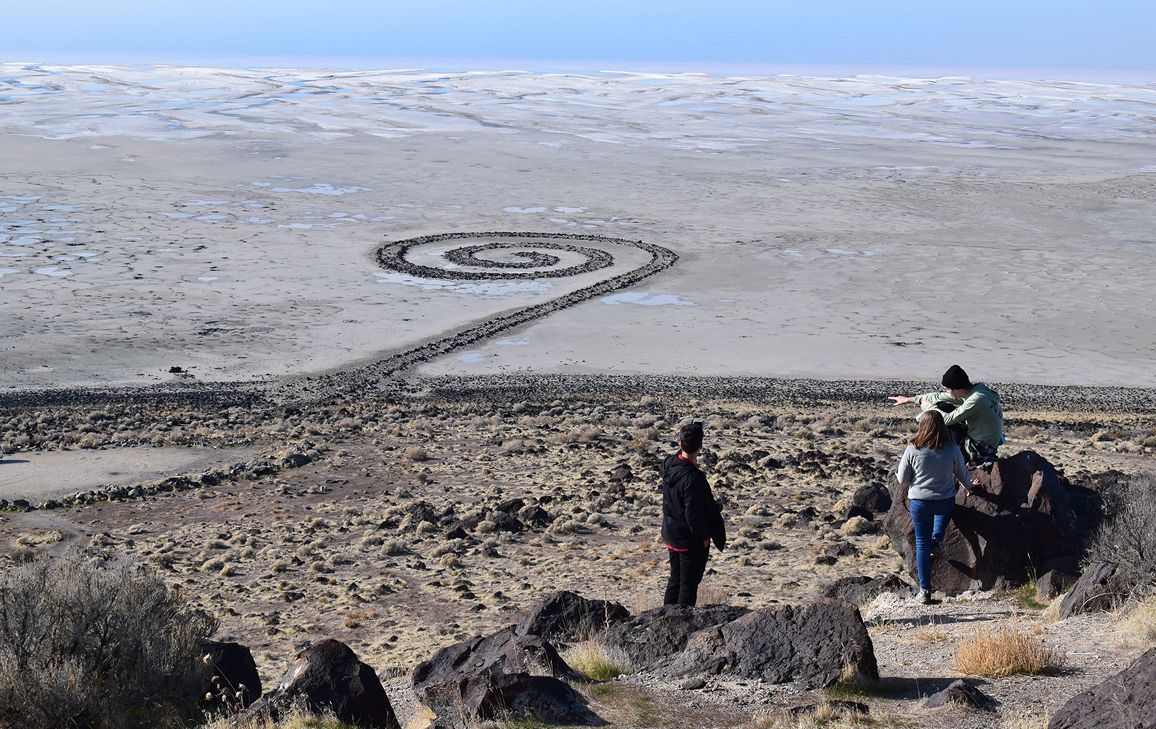Explained by UCI experts.
Search
School of Humanities
What are the environmental humanities?
Image
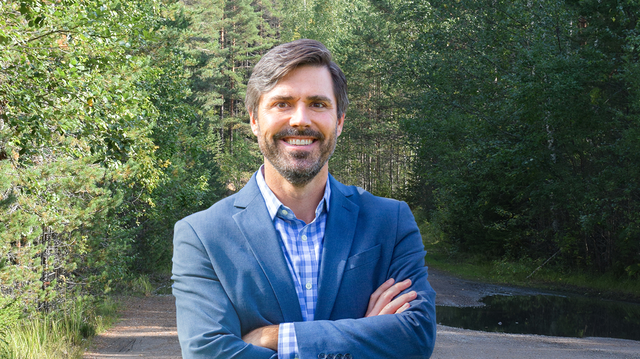
UCI launches Environmental Humanities Research Center
Multidisciplinary center addresses our century's most pressing issue: climate change
UCI's Environmental Humanities are:

Deep: Diving beneath the surface
UCI's proximity to the ocean makes it an ideal site to study the humanistic impact of the earth's most integral source of life. From Orange County to San Francisco, our scholars study the stories that emerge from California's diverse coastline. From the sunny waves of the Pacific to the dark history of the Atlantic, researchers take a close look at how humans relate to the sea. For the 2020-2021 academic year, the UCI Humanities Center sought to foster understanding of how the waterways of the world have shaped humanities-based inquiry and cultural production through a series of lectures and research projects.
Radical: Getting to the root
Ecological and humanitarian crises often collide, and the humanities are crucial to understanding their origins. From heavy metal pollution to drought to climate change, humanities scholars can provide invaluable context needed to understand environmental histories and implement effective, equitable solutions.
Image

Creative: Drawing lessons from nature
Art historians and visual scholars investigate more than just paint strokes. They examine art in nature and study artists who incorporate natural materials and environmental concerns into their artworks.
Engaged: Facing the crisis
The looming threat of climate change is the most critical issue of our century. That's why, in 2019, the humanities-led Forum for the Academy and the Public hosted the interdisciplinary conference "Fire & Ice: The Shifting Narrative of Climate Change," which invited renowned environmental writers like Bill McKibben and Elizabeth Kolbert to share their stories. Humanities scholars have also been instrumental in increasing awareness of environmental issues at UCI and in the greater community through regularly organized events, podcasts and other outreach efforts.
Environmental humanities champions
UCI Humanities students and alumni transform a wide variety of fields, including in environmental issues. From work in environmental policy, sustainable fashion, non-profit advocacy and more, their work will impact generations. Below are their stories.
B.A.s English and literary journalism '18

Fitzgerald’s The Great Gatsby ends, famously, with a car crash. Kerouac’s On the Road and Nabokov’s Lolita are novels framed by ambitious, cross-country road trips. Some of the most famous American literature of the 20th century revolved around cars, roads, oil, gasoline and the ways they became constitutive of American life. In the age of climate change, how can we disentangle the feelings we have long associated with fossil fuels – freedom, speed, independence – from their environmentally devastating repercussions?
In her “ecocritical” literary research, English Ph.D. student Megan Cole is attempting to find out. Through a humanistic framework, Cole hopes to understand how fossil fuels became ingrained in American culture throughout the twentieth century, and how fiction might enable us to envision more sustainable, socially just ways of living in the future.
Along with her research, Cole is currently working with Solutions that Scale, a UCI initiative working to identify and implement scalable and equitable solutions to climate change. With a team of UCI faculty collaborators including chemists, public health experts and sociologists, Cole will soon publish a white paper about how humanists can help climate scientists imagine and implement effective, equitable solutions to the climate crisis.
“Literary studies – and critical theory in particular – ask us to pay attention to cultural attitudes and assumptions that often go unexamined. I hope that by thinking critically about the world we inhabit and the cultural artifacts we’re surrounded by, we can not only discover how climate change came to be, but, hopefully, how to envision a way out of the crisis.”
B.A. Philosophy '03

Aras Baskauskas is co-founder and CEO of fashion label Christy Dawn, which he started with his wife, Christy Baskauskas. Founded in 2013, the label features vintage-inspired women’s clothing that is handcrafted in Los Angeles using repurposed excess fabric from larger fashion factories.
“What are we trying to sustain – the fires, the tornadoes, the mass extinction?” Baskauskas said in an interview with Vogue. “We don’t need to be sustainable, we need to be regenerative.”
With a commitment to “being part of the solution,” the label grows its own cotton by supporting farmers using regenerative practices. For the past couple years, Christy Dawn has collaborated with a regenerative cotton farm in Kanjikoil, Tamil Nadu, India, where they’re employing farmers who transform acres of bare, chemical-stripped land into lush fields – avoiding pesticides and focusing on promoting biodiversity to nourish the soil, microorganisms, insects, animals and humans.
From those 24 acres alone, in 2020, there was enough to make 6,500 dresses and 2,000 unisex T-shirts, numbers that challenge the assumption that organic and regenerative farming produce small, insufficient yields. The farm sequestered 66 tons of CO2, or seven tons per hectare, averaging 22 pounds of carbon per dress.
After earning a B.A. in philosophy, Baskauskas also attained an MBA at UCI, and now merges his marketing expertise with a critical understanding of how systemic forces perpetuate environmental crises.
B.A. Russian language, culture and civilization '87

Energy-intensive equipment, endless single-use plastics and harmful chemicals course through American hospitals and clinics every day. The medical industry hasn’t always been the most environmentally conscious – but as UC San Diego Health’s sustainability officer, UCI alumna Barbara Hamilton is working to change that.
While earning her B.A. in Russian language, culture and civilization at UCI – a major she chose after spending several years in the U.S. Army as a Russian linguist – Hamilton became interested in ecological issues and went on to earn an M.A. in environmental policy and management. Inspired as an undergraduate by UCI’s commitment to sustainability, she decided that she wanted to help lead the environmentalist charge at another University of California campus.
As UC San Diego Health’s first sustainability officer, Hamilton oversees the implementation and evaluation of sustainable solutions. Some of her team’s past projects have included phasing out an environmentally harmful strain of anaesthetic gas, replacing thousands of hospital light bulbs with LEDs, implementing proper waste segregation procedures and promoting recyclable packaging and surgical wrap. Hamilton is proud of her role in advancing the UC’s carbon neutrality and sustainability goals but maintains that the highlight of her work is “supporting the smart, kind, strong, humble people [of UCSD Health] – they really care about health and the environment, and they want to do more. It’s inspiring.”
“In the School of Humanities, we were exposed to art and music, literature and ideas, philosophies and frameworks through which stories are told, civilizations are built and viewed. I believe this well-rounded understanding of people and societies underlines that there are universal truths and shared human desires and that everything really is connected. In order to work in sustainability, one must be passionate and empathetic. Understanding the beauty and the brutality of humankind and nature through the arts and across time illustrates our strength and ability to adapt and to be the best we can be, for ourselves and for all of life on earth. It is hard but rewarding work.”
B.A. literary journalism '19

“Fast fashion” may be cheap and convenient, but the multibillion-dollar industry is notoriously unsustainable. Fast fashion companies produce more than 1 billion garments annually, many of which wind up in landfills. As of 2020, garment factories caused more carbon emissions than all maritime shipping and international flights combined. While some fashion influencers have promoted this culture of rapid apparel consumption, UCI alumna Aditi Mayer is using social media to do just the opposite: Over the past decade, she has been in the trenches of an ethical, socially just and environmentally conscious fashion revolution.
As a first-year literary journalism major at UCI, Mayer learned about the 2013 Rana Plaza disaster, the deadly collapse of a Bangladeshi garment factory producing clothing for some of the world’s leading fast fashion brands. The tragedy catalyzed Mayer’s career as an award-winning blogger, influencer, photojournalist and writer-activist working to challenge unsustainable and unethical practices in the apparel industry – especially those impacting garment workers, who are disproportionately women of color.
Among her other endeavors, Mayer recently joined the council of Intersectional Environmentalist, a nonprofit working to benefit communities of color impacted by environmental injustice. This summer, she will attend the State of Fashion Biennale as a member of its Creative Council – and afterwards, as the recipient of a Fulbright-National Geographic Digital Storytelling Fellowship, Mayer will head to India to study agrarian and artisan movements related to textile production and to collect local narratives about social and environmental justice in the fashion industry.
“Studying the humanities has helped me understand the importance of storytelling and radical imagination in the age of climate catastrophe. At its core, the climate catastrophe is a crisis of a dominant world view that asserts there is only one way – and that way has been predicated upon extraction and exploitation. The humanities must remind us of alternative worldviews, centering marginalized communities, questioning the domains of ‘credibility’ and shifting into a framework that centers lived experience. All of this naturally bleeds into the world of decentering whiteness, decolonizing environmentalism and equipping a generation of diverse storytellers to challenge the narrative.”
M.A. comparative literature '01

Heather Repenning is the executive officer of sustainability policy at LA Metro where she provides policy strategy and research to improve sustainability outcomes, such as clean air and clean water and to reduce climate emissions through the agency’s role in providing transportation services to Los Angeles County.
She also serves on the board of directors for the Metropolitan Water District, which supplies water directly or indirectly to 26 agencies and 19 million people in Los Angeles, Orange, Riverside, San Bernardino, San Diego and Ventura counties.
Repenning is the former vice president of the City of Los Angeles Board of Public Works, overseeing the bureaus of sanitation, engineering, street services, street lighting and contract administration.
Repenning previously served as director of external affairs for Mayor Garcetti, managing intergovernmental and community advocacy for the City of Los Angeles, including in Sacramento and Washington, D.C.
Ph.D. history '21
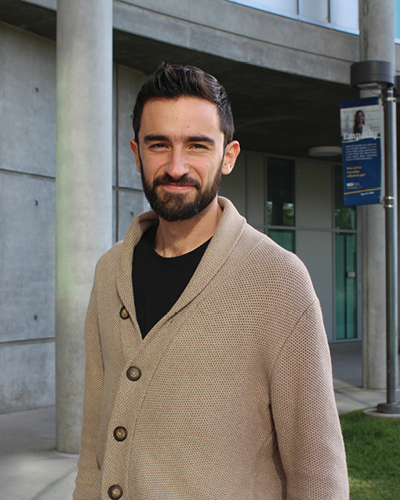
In 2018, after discovering potentially dangerous levels of lead in soil samples collected across the City of Santa Ana, a group of UCI scientists teamed up with two local activist groups – Orange County Environmental Justice (OCEJ) andJóvenes Cultivando Cambios – to begin monitoring and tackling the pollution at its source. But before these scientists, environmentalists and public health experts could fully understand the origins and social impacts of the soil-lead crisis, they needed to enlist a different kind of scholar-activist: That’s where historian Juan Rubio came in.
Rubio earned his history Ph.D. from UCI in 2021 but began work on the soil-lead project while he was still a graduate student. Using his archival research and historical mapping skills, Rubio discovered that the areas with the highest lead levels in Santa Ana often overlapped with the locations of roads built before the 1970s, when cars were still fueled by leaded gasoline. Traffic patterns have since changed, but decades-old traces of lead remain.
Rubio, now a Mellon Humanities Faculty Fellow, and his collaborators will soon publish their research paper about the connection between historical roads and contemporary soil-lead contamination in Santa Ana. These findings are important, Rubio says, “because they challenge a whole paradigm of thinking about lead science and lead-poisoning prevention.” By revealing the social and historical origins of environmental crises – from heavy metal pollution to climate change – Rubio hopes that humanists can help scientists implement equitable and effective solutions to some of the most pressing ecological issues of our time.
“The humanistic study of extractive industries, and the social histories connected to them, will be key for understanding the challenges presented by the climate crisis.”
B.A. French
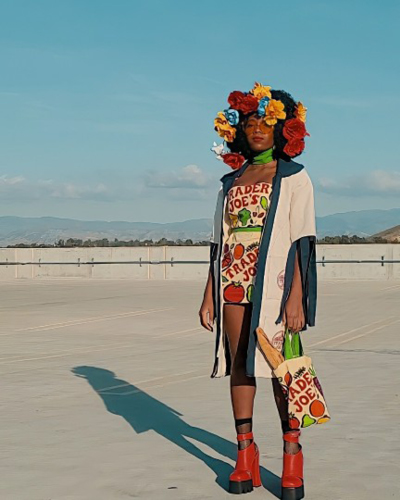
Arielle Sidney, a senior majoring in French, designs eco-friendly clothing in her spare time.
Her bold and iconic outfits are often made with recycled shopping bags. On TikTok – where she has over 100,000 followers – she’s shared a jumpsuit made out of Target bags, a dress out of IKEA bags and even a coat out of Trader Joe’s bags.
She also incorporates other upcycled materials in her designs – from sourcing Goodwill curtains to create a paint-splattered ballgown to restructuring a Shein bag into a high-quality hot pink purse, she breathes new life into items that might otherwise go into landfills.
Her sustainable designs made such a splash that she was even featured prominently in a Vogue article last winter.
Sidney is currently studying abroad in France, where she continues to dabble in fashion on the side.

